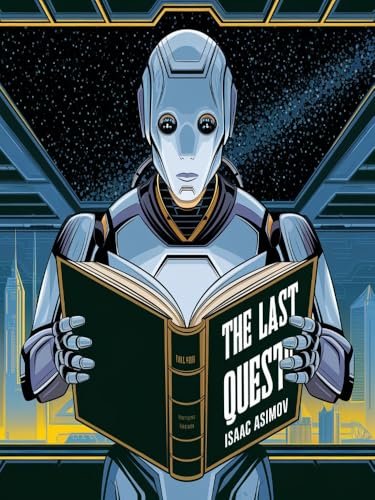

Isaac Asimov is one of the greatest names in science fiction, and “The Last Question” is undoubtedly one of his most impactful works. First published in 1956, this short story dives into complex themes like entropy, religion, and the relationship between humanity and technology. In this article, we’ll explore this fascinating narrative and understand why it continues to captivate readers, even decades after its release.
The Beginning of a Big Question
In the year 2061, humanity had achieved an incredible milestone: the creation of Multivac, a supercomputer capable of solving complex scientific problems and guiding space exploration. With solar energy as the ultimate solution to resource shortages, the future seemed bright. But a troubling question arises: “What will happen when the Sun and all stars burn out? Can entropy be reversed?” Multivac’s unsettling answer is: “Insufficient data for a meaningful answer.”
Humanity’s Progress and the Unanswered Question
Thousands of years later, humanity spreads across the universe, inhabiting distant planets and using even more advanced technologies, like the Microvac, the compact and personal successor of Multivac. Despite such technological power, the question about entropy remains unanswered.
As the future unfolds, more complex and powerful computers emerge. Galactic and Universal ACs continue to face the same question, unable to find a solution. With each advancement, humanity becomes more dependent on machines until physical bodies become obsolete, and humans merge into a collective mind sustained by the Cosmic AC.
The Climax and the Final Answer
Eventually, only the Cosmic AC remains. Existing beyond time and space, it reflects on the ultimate question. With no more humans to answer, it finds the solution and says: “Let there be light.” A new universe is born, completing the eternal cycle.
Final Thoughts
Isaac Asimov’s “The Last Question” raises deep existential questions. The story explores themes of survival, evolution, and our relationship with technology. Asimov’s vision is both optimistic and unsettling: humanity evolves and merges with its creations, always seeking answers to questions bigger than existence itself. In the end, the cycle continues, and light is born again.
Did you enjoy this analysis? Share your thoughts in the comments and suggest other stories for us to discuss!
If you liked this analysis of “The Last Question” and want more content on sci-fi, geek culture, and philosophical reflections, follow our blog so you don’t miss out!

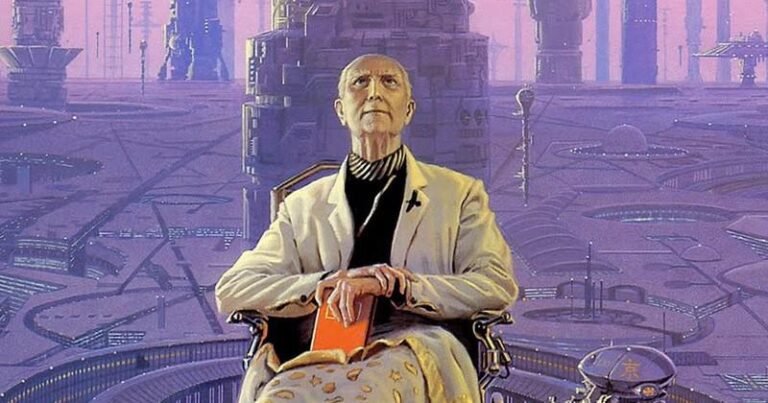
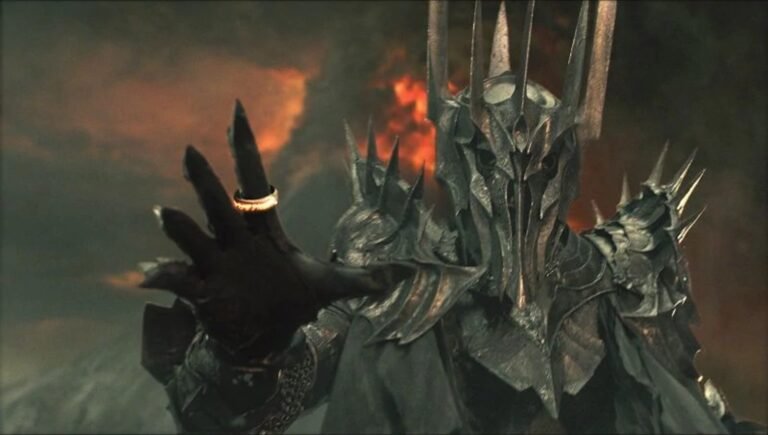
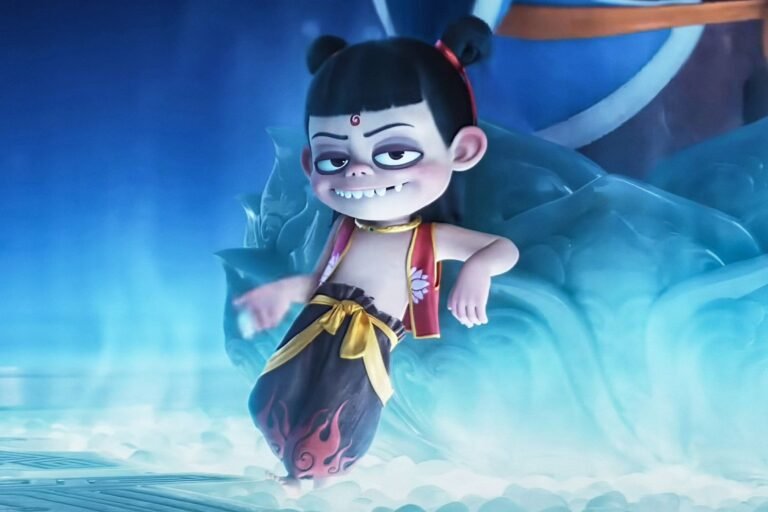


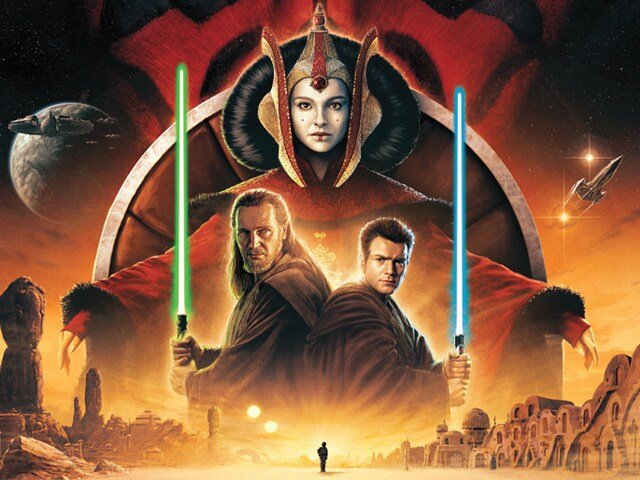
whoah this weblog is excellent i love reading your articles. Keep up the good work! You realize, lots of people are looking round for this info, you could help them greatly.